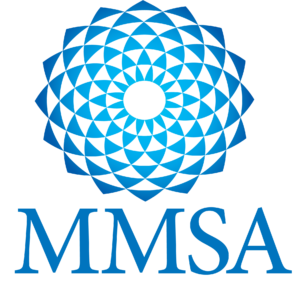Maine Mathematics and Science Alliance has been awarded a competitive $1.35 million grant from the National Science Foundations Cyberlearning and Future Learning Technologies program to develop the Next Generation WeatherBlur Project, an online learning community for students (grades K-8), teachers, scientists, fishermen, and interested community members to explore the local impacts of weather and climate in coastal communities.
The WeatherBlur (WB) learning community uses online technologies to participate in an evolving set of co?created citizen science projects, deeply authentic real-world investigations developed in ongoing and negotiated partnerships between scientists and members of the public. These co-created projects are rooted in place-based weather and climate questions that matter to citizens and provide highly valued data to scientists. This type of participatory involvement of local people in environmental monitoring can lead to highly accelerated research findings and even policy changes to tackle environmental challenges.
The research questions the project will address include 1) how can online communities be built to design elements to support productive knowledge building between the different stakeholder groups and 2) more specifically, how the key processes of defining questions, building explanations, and interpreting data are negotiated and fostered online amongs participants (ages 6 60) in co-created citizen science settings. These questions are especially important for rural communities across the country that may not have access to scientific expertise, but have local environmental questions that need to be answered. One of the core outcomes of this project is to provide the design elements for online learning communities like this, so that other organizations, researchers, citizen science groups, and others can know what works when designing a co-created online learning community for citizen science. The project will work with 13 rural communities, mostly within Maine, and a few sister fishing communities in Alaska to begin to answer these important questions for rural communities.
This project is led by MMSA and will build on partnerships amongst Maine-based organizations including NBT solutions as the designers of the online platform, Island Institute, and Penobscot East Resource Center to ensure applicability of the project to Maines fishing communities, and a large host of strong national organizations. Many members of this team have been involved in the WeatherBlur project from the beginning, when the WeatherBlur EAGER was launched in 2013 for a small cohort of Maines island communities in southern and central Maine. That initial launch resulted in an exciting bycatch investigation with elementary school students, scientists, and fishermen, which uncovered an invasion of green crabs around island communities and provided highly valued, previously unavailable data to the scientific community to track that invasion.
Ruth Kermish-Allen, executive director at MMSA and principal investigator of the project, is excited to enhance this innovative project. This award puts Maine at the forefront in understanding how online communities can help our rural communities connect with each other, answer questions that matter to them, and leverage technology to access new resources and expertise that they would otherwise never have connected with such as climate change experts from around the world. Including youth in those discussions is perhaps the most exciting component of this project, as we integrate data literacy skills they need to learn in the classroom, value the place-based expertise they bring, connect them with other youth interested in similar questions, and hopefully give them the confidence to know that they can help answer some of their communities most daunting questions through partnerships with scientists and fishermen, and of course, understanding and interpreting data.


